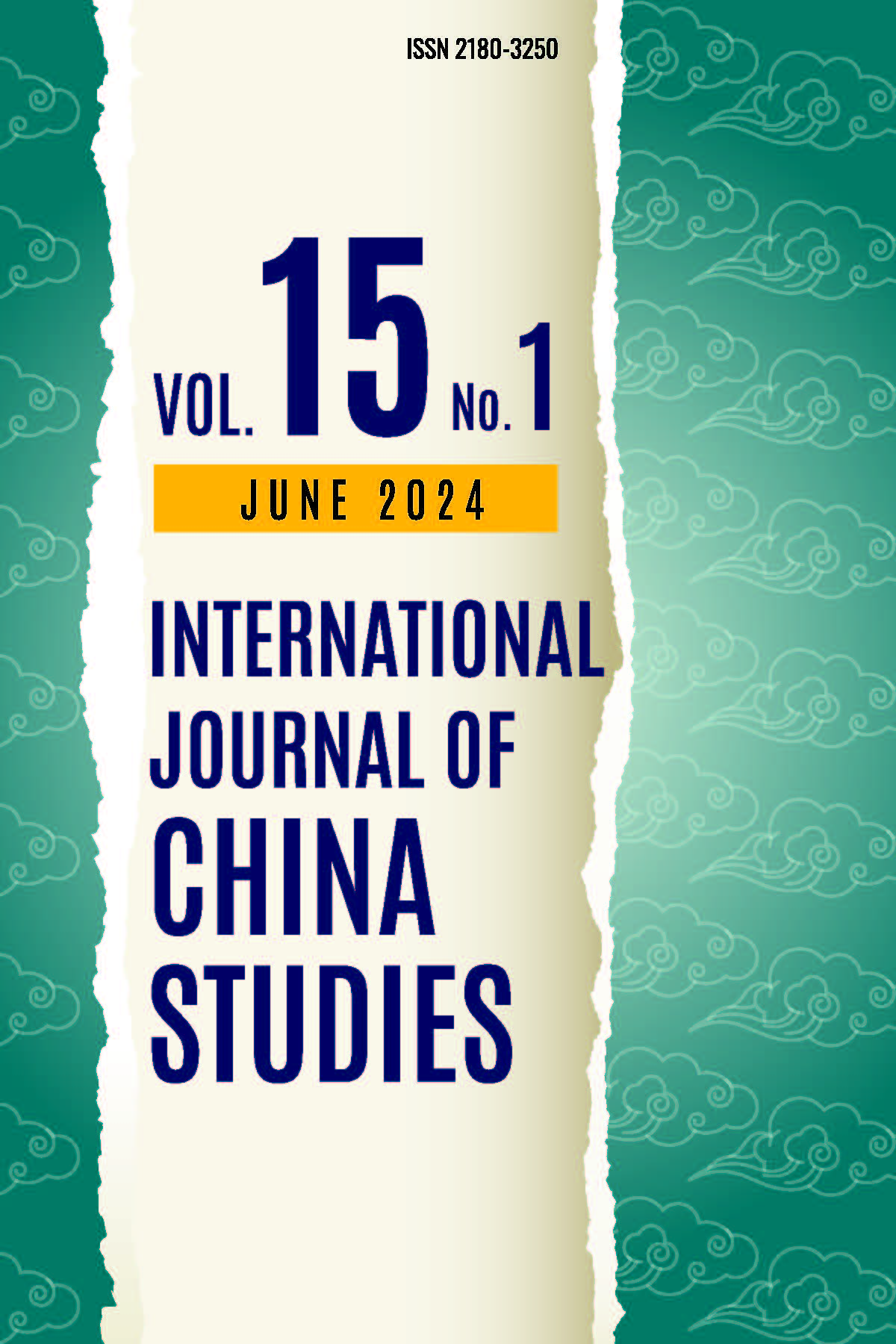Authors
-
Kamrul HASAN
Department of Government and Politics, Jahangirnagar University, Savar, Dhaka, Bangladesh.
-
Guanie LIM
National Graduate Institute for Policy Studies, Tokyo, Japan
Keywords:
Bangladesh, China, South Asia, Foreign Direct Investment, International Trade, Political Economy
Abstract
In the wake of its burgeoning outward foreign direct investment (FDI) and export activities over the past decades, China’s presence in the global economy has attracted considerable attention. This discussion is witnessed just as much in Bangladesh, the main subject of this paper. Especially after the 2013 launch of the ambitious Belt and Road Initiative (BRI), Chinese economic footprint has noticeably increased in the South Asian country. Yet, this development has thus far not been analyzed in detail. To shed light on the matter, this paper provides a detailed, longitudinal study of two important metrics: FDI and trade. It also contextualizes China’s economic performance in relation to those of US, India and Japan. The paper finds that, although Chinese FDI entering Bangladesh is increasing, FDIs from the other three countries are also proliferating. More importantly, US FDI inflow and stock position remain far ahead of those of China, India and Japan. When it comes to trade, Bangladesh enjoys trade surplus only with the US, suffering deficit with the rest of the countries. Overall, China’s FDI and trade linkages in Bangladesh, despite their fairly rapid growth, are still relatively modest.
Downloads
Download data is not yet available.
Author Biographies
Kamrul HASAN, Department of Government and Politics, Jahangirnagar University, Savar, Dhaka, Bangladesh.
Kamrul Hasan, an Associate Professor at the Department of Government and Politics, Jahangirnagar University, specializes in International Political Economy with particular focus on Foreign Investment and International Trade. Apart from undergraduate and graduate degree from the same university, he did his second Masters in Public Policy from the National Graduate Institute for Policy Studies (GRIPS), Tokyo, Japan under the Ministry of Education, Culture, Sports, Science, and Technology (MEXT) Scholarship. His thesis highlights the Chinese Trade and Investment in Bangladesh comparing that of the USA, India, and Japan. Additionally, his research interest includes political conflict and violence, election, Ethno-religious Minority, and South Asia. Professor Hasan is also working in the capacity of director of the IDEA, an independent think tank organization based in Dhaka, working in education and development. He is a senior research fellow at the Centre for Local Governance Discourse (CLGS), a Dhaka based non-profit think-tank organization (https://clgd.org/kamrul-hasan/). Prior to joining Jahangirnagar University he has served as a full-time lecturer at the Department of Political Science, Uttara Town University College, Dhaka, Bangladesh. Professor Hasan has authored a number of research articles and chapters mostly published in the national and international journals. Currently he is working together with his colleagues on two edited books to be published from the Springer Nature and Oxford University Press respectively. Professor Hasan has attended a number of academic conferences and seminars in home and abroad. Among others his research interest includes International Political Economy, particularly Trade and Investment, Conflict and Violence, Ethno-religious Minority, and South Asia
Guanie LIM, National Graduate Institute for Policy Studies, Tokyo, Japan
Guanie Lim is Assistant Professor at the National Graduate Institute for Policy Studies (GRIPS), Japan. His main research interests are comparative political economy, value chain analysis, and the Belt and Road Initiative in Southeast Asia. Guanie is also interested in broader development issues within Asia, especially those of China, Vietnam, and Malaysia. He teaches graduate courses focusing on the political economy of Southeast Asian countries as well as other emerging markets.

